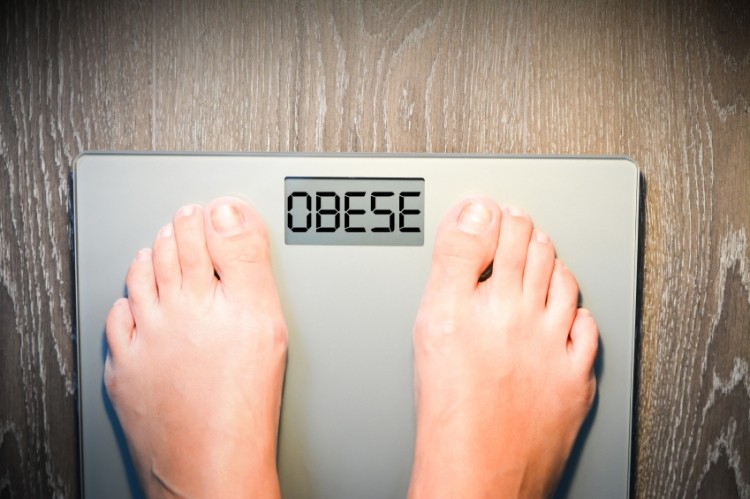Did a Nobel Laureate spark the obesity epidemic?

To properly address this question we need the perspective of history, and specifically let’s start at the beginning. When did the obesity epidemic start? It was in the early 1950’s. So what events happened at that time to spark this epidemic? It is important to appreciate that after the hardships of World War II when rationing and food shortages were commonplace there was a firm belief that “Bigger was Better”. For kids growth charts ruled and there was a rampant preoccupation with not being undersized. Added to this mindset a new range of pharmaceuticals became available that demonstrated a remarkable ability to promote growth not only in kids but importantly, in farm animals. Indeed for these purposes they renamed the drugs “Growth Promoters” and they stood up to their nomenclature as farm animals got bigger and bigger.
When the human population ate the farm animals they got bigger too, not surprisingly, but at the time that was viewed as a good thing. In hindsight, it was the start of a global epidemic. Economics played a role as well and still do. Accelerated growth and mass was a highly valued tool for farmers who made more money with meat based per pound. Consequently, Growth Promoting drugs became endemic in all animal feeds. The human population got these drugs from doctors too, a double sourcing issue that boosted the growth of the population as a whole.
So what are these drugs that sparked this accelerated growth of farm animals and those that consumed them? The answer is ANTIBIOTICS. They promote growth by upsetting the balance of microbial flora that dictates our health, metabolism and wellbeing. Antibiotics create a condition called DYSBIOSIS that leads to smoldering inflammation from the constant barrage of bad bacteria in our gut. These bad boys dominate our microbiome after we kill off the good guys that keep us healthy. To make matters more concerning, now these resident bad bacteria are resistant to the same antibiotics making the task of shedding them even more challenging.
To close the loop, what is this got to do with a Nobel Laureate? Well antibiotics were first produced on a commercial scale to help treat the infected wounds of soldiers in World War II. Remember the initial discovery of penicillin by Alexander Fleming was back in the early 1930’s but mass production was not available. It took the work of a team headed by an Australian, Professor Howard Florey, to achieve commercial batches of penicillin ushering in the remarkable era of antibiotics. For this remarkable achievement he was awarded the Nobel Prize. Without question the drugs have saved millions, but misuse has resulted in these drugs sparking the global obesity epidemic. No good deed goes unpunished.
But never fear, with knowledge comes an action plan to resolve this quandary. The goal is to restore a healthy microbiome & promote a lean body mass. So focus on:
- Avoiding meat with antibiotics & use clinical antibiotics judiciously
- Balance the diet & control portion size
- Take probiotics daily. You need to reseed the microbiome with friendly bacteria
- Take prebiotics daily, these fibers selectively feed & nurture good bacteria
- Consume a polyphenol-rich diet as they suppress the growth & adherence of bad bacteria & allow good flora to flourish
To learn more about these events and what steps you can take to overcome them please check out the video.















